A growing number of companies are considering replacing their company car schemes with salary sacrifice.
Following PricewaterhouseCoopers, which launched its Choices scheme in 1999, Deloitte, which switched last year, and BP, which started replacing its ECO scheme this year, Bombardier Transportation is the latest company to drop its company car scheme in favour of salary sacrifice.
The rail technology firm launched its scheme four weeks ago to its entire UK workforce of 4,500 employees, including its 400 company car-entitled drivers, comprising 220 company cars and 180 cash for car drivers.
It is utilising the SS4C scheme from Tusker Direct. Fifty-one orders for new cars have already been placed.
David Hosking, managing director of Tusker, said: “We are also aware of a major fleet running several thousand cars that is switching entirely to salary sacrifice for its cars, and which will go live in the next two to three months.
“We are talking to several companies who are planning to go down the same route.”
The news that more companies are shifting their company car schemes over to salary sacrifice comes as a recent European Court of Justice case went in favour of HMRC.
The case ruled that VAT was payable on a salary sacrifice scheme for vouchers. Its implications for salary sacrifice for car schemes is unknown until HMRC publishes its interprtation of the ruling. This is not expected until the autumn.
Mo Desai, human resource services director at PricewaterhouseCoopers, led the team that introduced the idea of a salary sacrifice car scheme to Bombardier.
“Bombardier already had a flexible benefits plan for its staff and was looking to add a new benefit that would be attractive to all staff,” he said.
“It was also moving towards a cash allowance option for company car drivers.”
Another major fleet, which has 450 company cars and 450 cash takers, has also confirmed to Fleet News that it is moving to a salary sacrifice scheme. Everyone will move across.
The company, which does not want to be named until HMRC has reviewed its scheme, reduced its fleet of 600 company cars during the recession and said the move to salary sacrifice provides “greater flexibility” by ensuring it will not be “stuck” with company cars if staff levels change.
The scheme, provided by Venson, will be operational by the start of 2011. Orders are being taken now.
Cars have been capped at 160g/km, with staff told that opting for the lowest emitting cars will be the most beneficial financially.
As a result, BMW’s 3 Series Efficient Dynamics and Audi’s 99g/km and 109g/km A3 are popular.
The scheme provides early termination insurance. “If an employee leaves through resignation or redundancy, we can return the car without penalty. That is a big selling point,” said the company’s fleet manager. “It means we can cap our costs.”
Would he advise other fleets to switch salary sacrifice?
“Look at your fleet to see if there is a place for salary sacrifice,” he said, adding: “But there will always be a place for traditional company cars.”



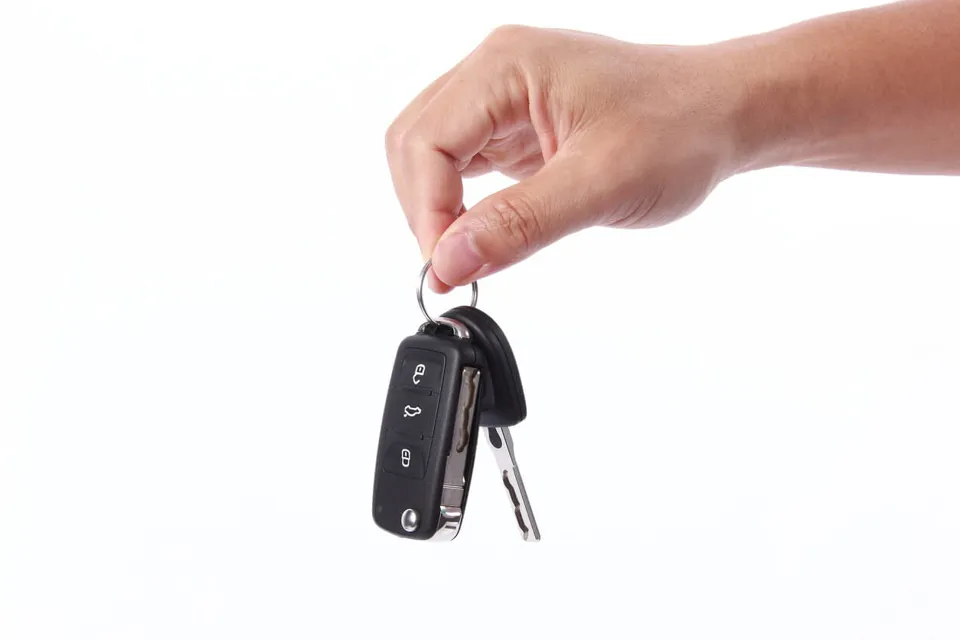



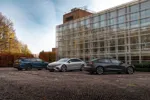


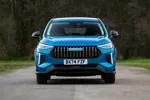

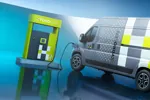
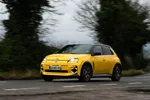


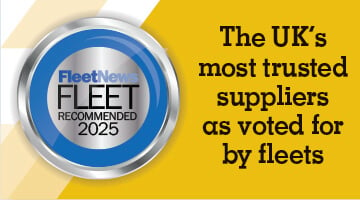

Login to comment
Comments
No comments have been made yet.